The Tenderfoot (1932) Online
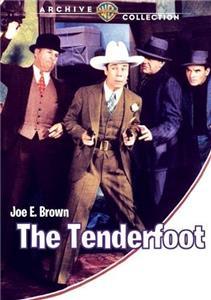
Calvin Jones is a cowboy who wants to invest in a Broadway play. Ruth Weston, a secretary, learns that her boss, Joe Lehman, is attempting to swindle Jones and pulls a successful coup d'etat producing a play that she stars in.
| Complete credited cast: | |||
| Joe E. Brown | - | Calvin Jones | |
| Ginger Rogers | - | Ruth Weston | |
| Lew Cody | - | Joe Lehman | |
| Vivien Oakland | - | Miss Martin | |
| Robert Greig | - | Mack | |
| Ralph Ince | - | Dolan | |
| Marion Byron | - | Kitty (as Marion Bryon) | |
| Spencer Charters | - | Oscar | |
| Douglas Gerrard | - | Stage Director |
Although the onscreen credits list Richard Carle and George S. Kaufman for "story," the sources of the film were actually plays that each wrote.
The musical play, "The Tenderfoot," Book and Lyrics by Richard Carle, who also starred in the play, opened in Chicago, Illinois in July 1903. It moved to The New York Theatre in New York City on 22 February 1904 and closed on 30 April 1904 after 81 performances.
The play,"The Butter and Egg Man" by George S. Kaufman, opened at the Longacre Theatre in New York on 23 September 1925 and closed in April 1926 after 243 performances. Gregory Kelly played Jones and the opening night cast also included Tom Fadden, Robert Middlemass and Harry Stubbs. This is the second of six film adaptations of the play released from 1928 to 1953.
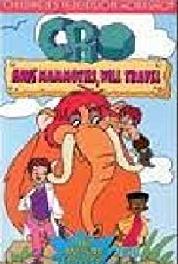


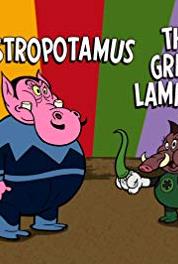



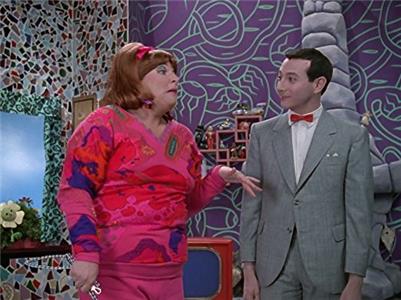
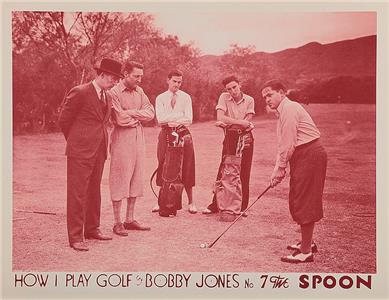
User reviews